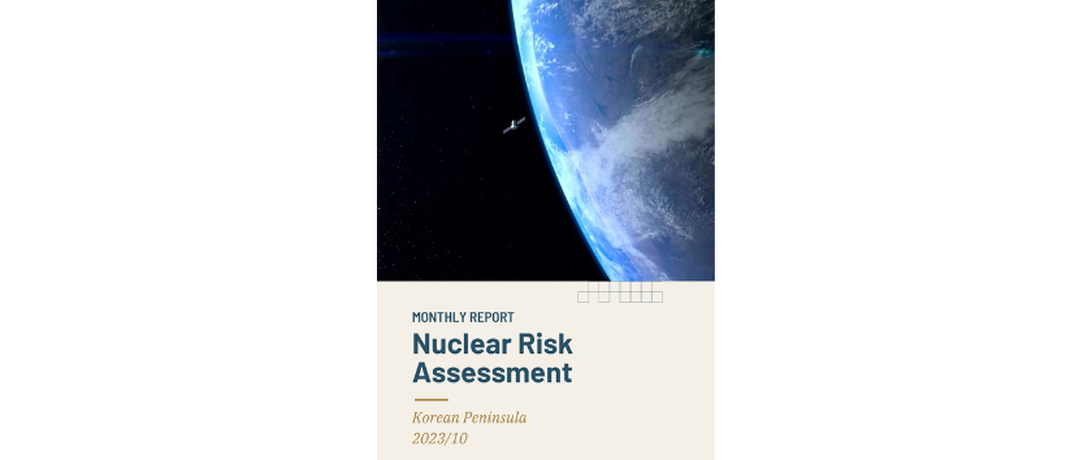
Nuclear risk can emanate from various factors. These range from the more obvious military developments and incidents that could lead to increased tensions and possibly even nuclear misuse, to the often overlooked domestic and external contexts in which a country perceives its circumstances and, based on those perceptions, makes decisions that have direct or indirect implications for nuclear risk.
In an attempt to more comprehensively assess nuclear risks on and around the Korean Peninsula, this monthly Report examines the DPRK’s and the ROK’s nuclear and military spheres, as well as activities and policy decisions across main domestic and foreign policy spheres that could impact nuclear risks.
Key Takeaways in October
- Nuclear
The DPRK did not attempt to launch its reconnaissance satellite in October as previously pledged and future plans for the launch are unknown at this time. Japan, the ROK and the United States conducted numerous trilateral maritime and air exercises in October. The deployment of US strategic assets for those exercises is in line with the ROK-US Washington Declaration commitment to enhance the “regular visibility” of US strategic assets to both provide more tangible deterrence assurances to the ROK as well as enhance interoperability and joint planning capabilities in the region.
- Military
Japan, the ROK and the United States alleged that several arms transfers were made from the DPRK to Russia and expressed concerns about potential reciprocal military technology transfers from Russia to the DPRK. The DPRK dismissed the allegations but stated that it is ready to further elevate the DPRK-Russian relationship. Bilateral cooperation in political, economic and possibly military fields between Russia and the DPRK is anticipated in the future. In light of Hamas’ surprise attack against Israel, as well as the alleged failure of the DPRK to honor the Comprehensive Military Agreement (CMA), the ROK military stressed the need to raise its combat readiness level and suspend the CMA. The risk of military conflict along the DPRK-ROK border may be increased if the CMA is suspended.
- Political
The visit of Russian Foreign Minister Sergei Lavrov to the DPRK in October to discuss the agreements made at the September Kim-Putin summit signals a further deepening of political cooperation, with Lavrov expressing “complete support” for the DPRK regime. Reports of large-scale trade, potentially including military materials, indicate that some agreements may be under practical implementation, while DPRK Foreign Minister Choe Son Hui’s reference to the relationship as a “powerful strategic stability element” in the region suggests further alignment in the military sphere. Despite friction over the alleged repatriation of DPRK citizens held in detention in China, developments in the political sphere indicate that the situation has not negatively impacted Sino-ROK relations, although the issue may cause further tension in the coming months.